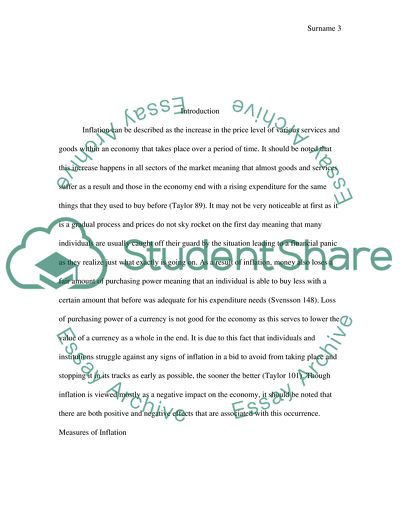Cite this document
(What causes inflation Essay Example | Topics and Well Written Essays - 1750 words, n.d.)
What causes inflation Essay Example | Topics and Well Written Essays - 1750 words. https://studentshare.org/macro-microeconomics/1791410-what-causes-inflation
What causes inflation Essay Example | Topics and Well Written Essays - 1750 words. https://studentshare.org/macro-microeconomics/1791410-what-causes-inflation
(What Causes Inflation Essay Example | Topics and Well Written Essays - 1750 Words)
What Causes Inflation Essay Example | Topics and Well Written Essays - 1750 Words. https://studentshare.org/macro-microeconomics/1791410-what-causes-inflation.
What Causes Inflation Essay Example | Topics and Well Written Essays - 1750 Words. https://studentshare.org/macro-microeconomics/1791410-what-causes-inflation.
“What Causes Inflation Essay Example | Topics and Well Written Essays - 1750 Words”. https://studentshare.org/macro-microeconomics/1791410-what-causes-inflation.


